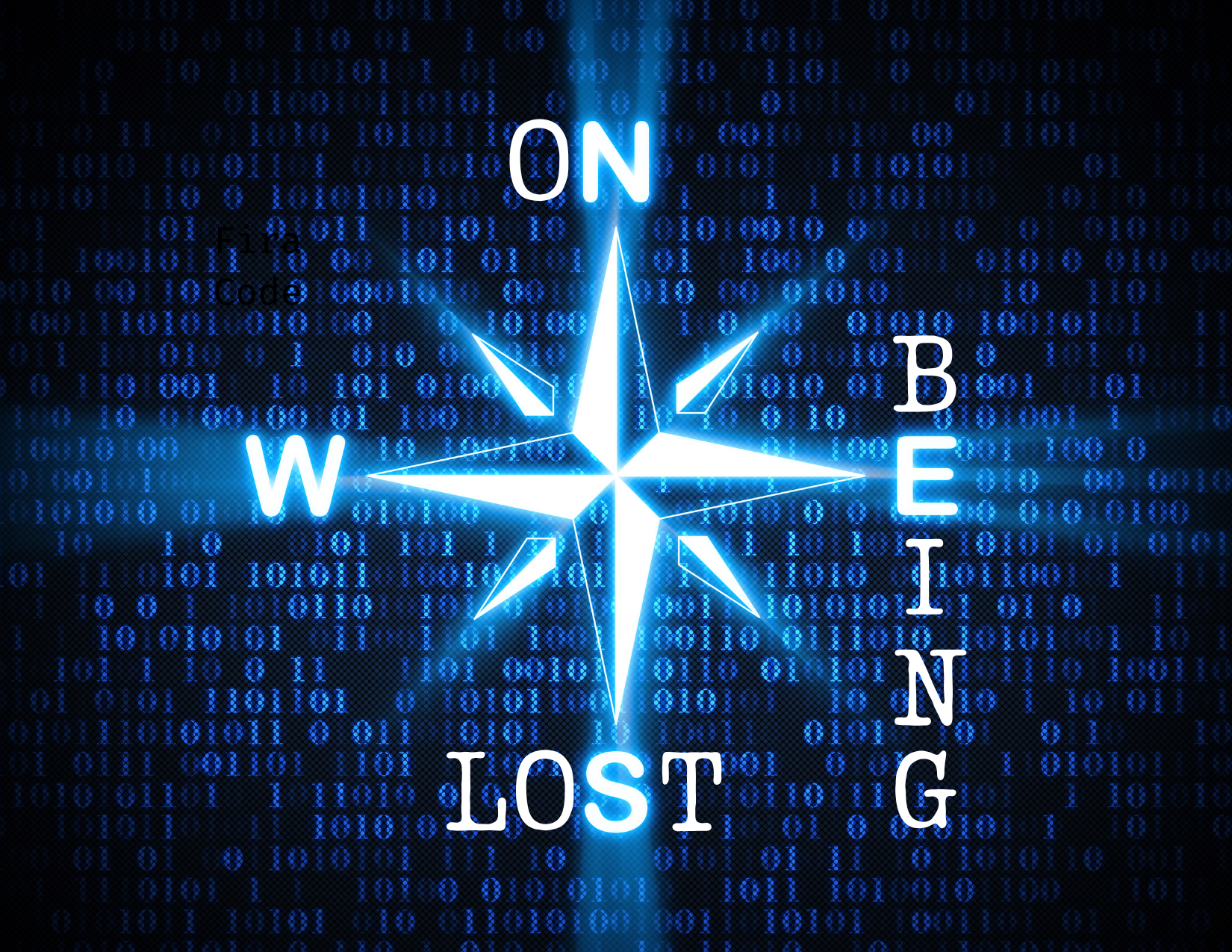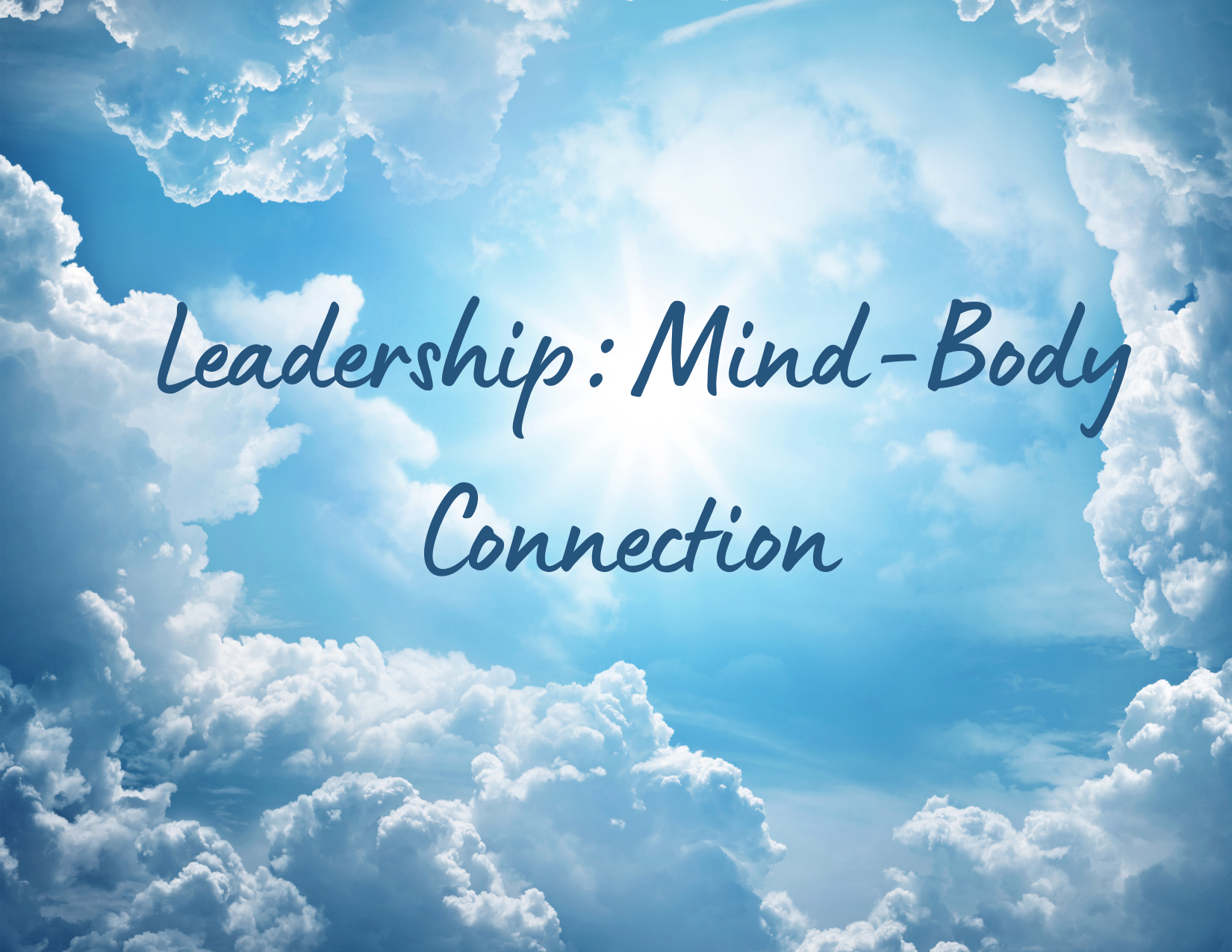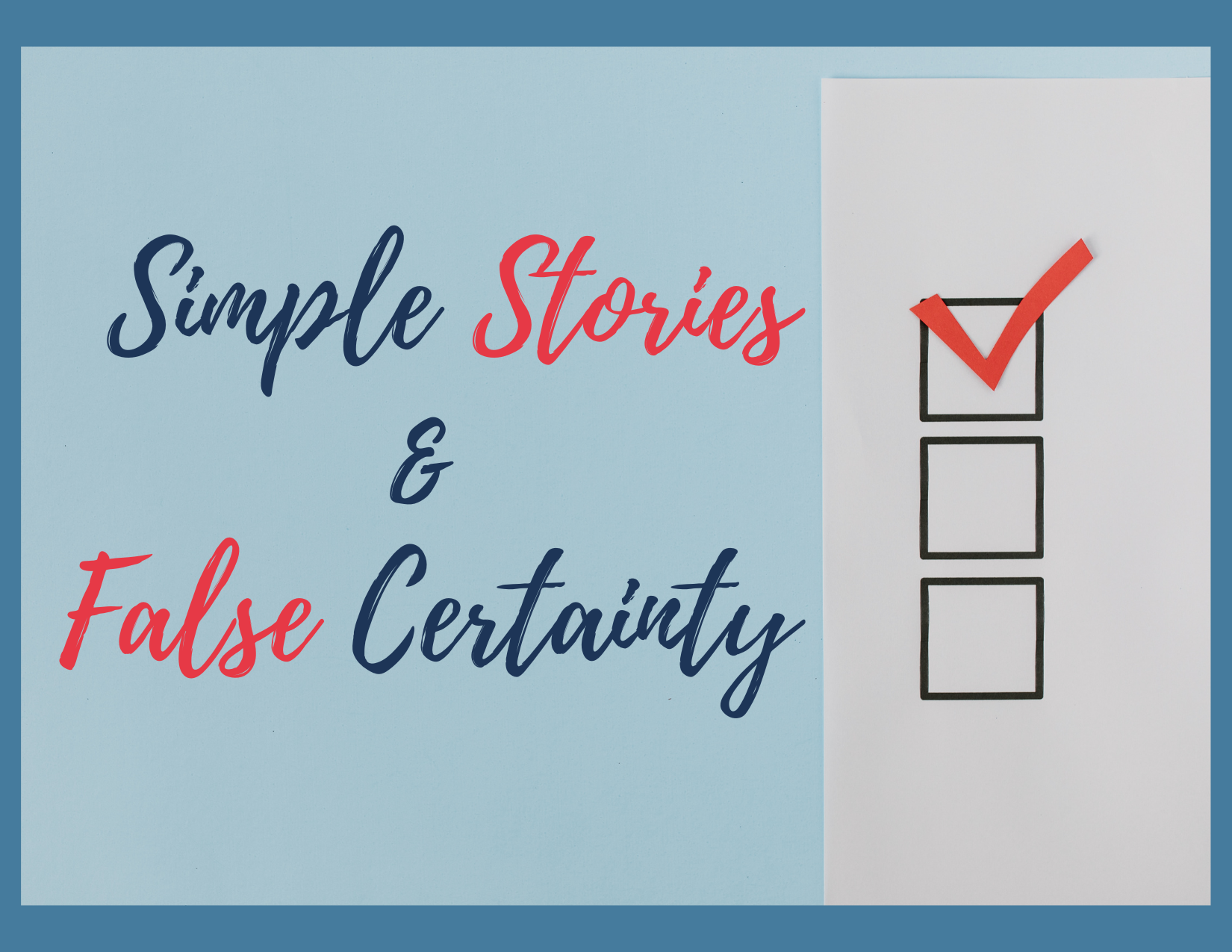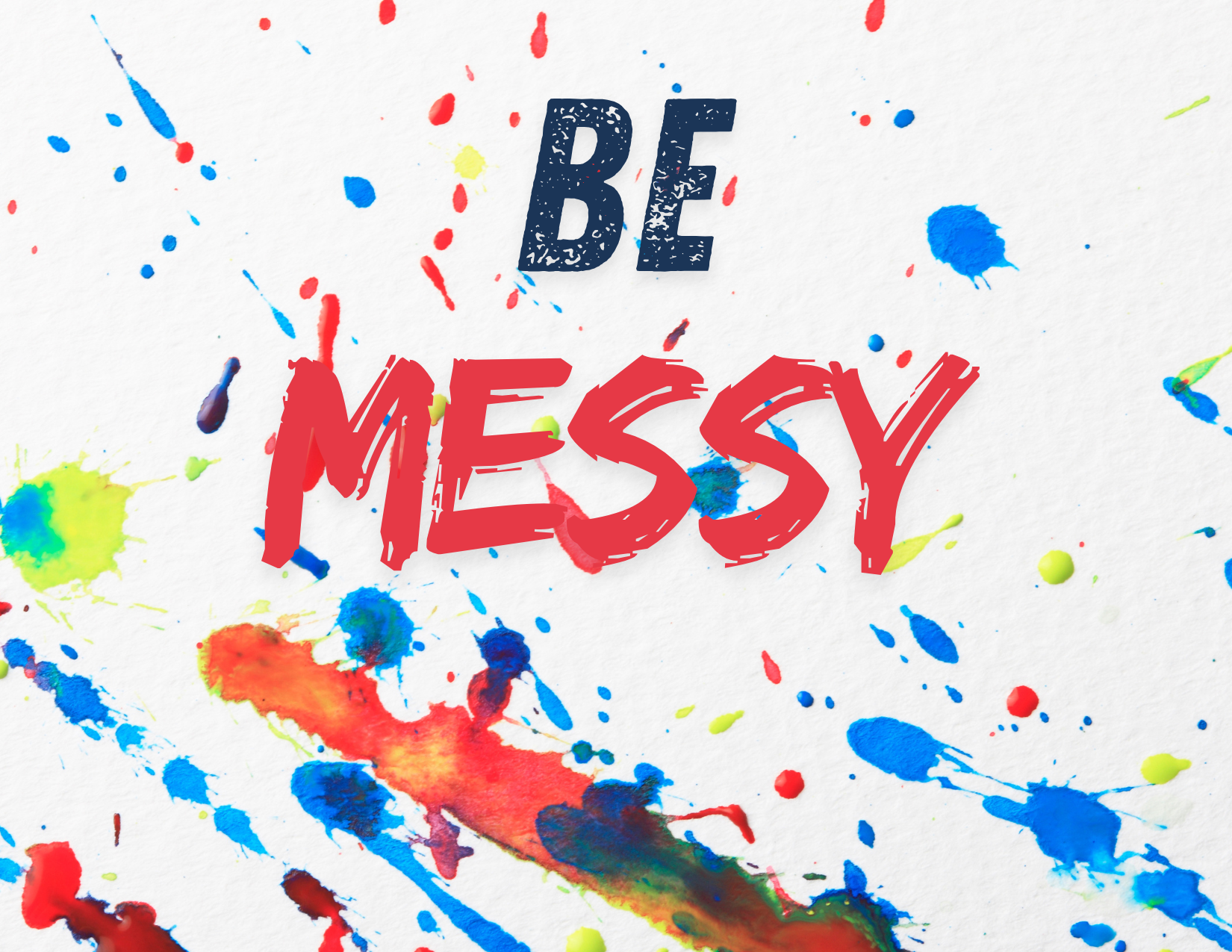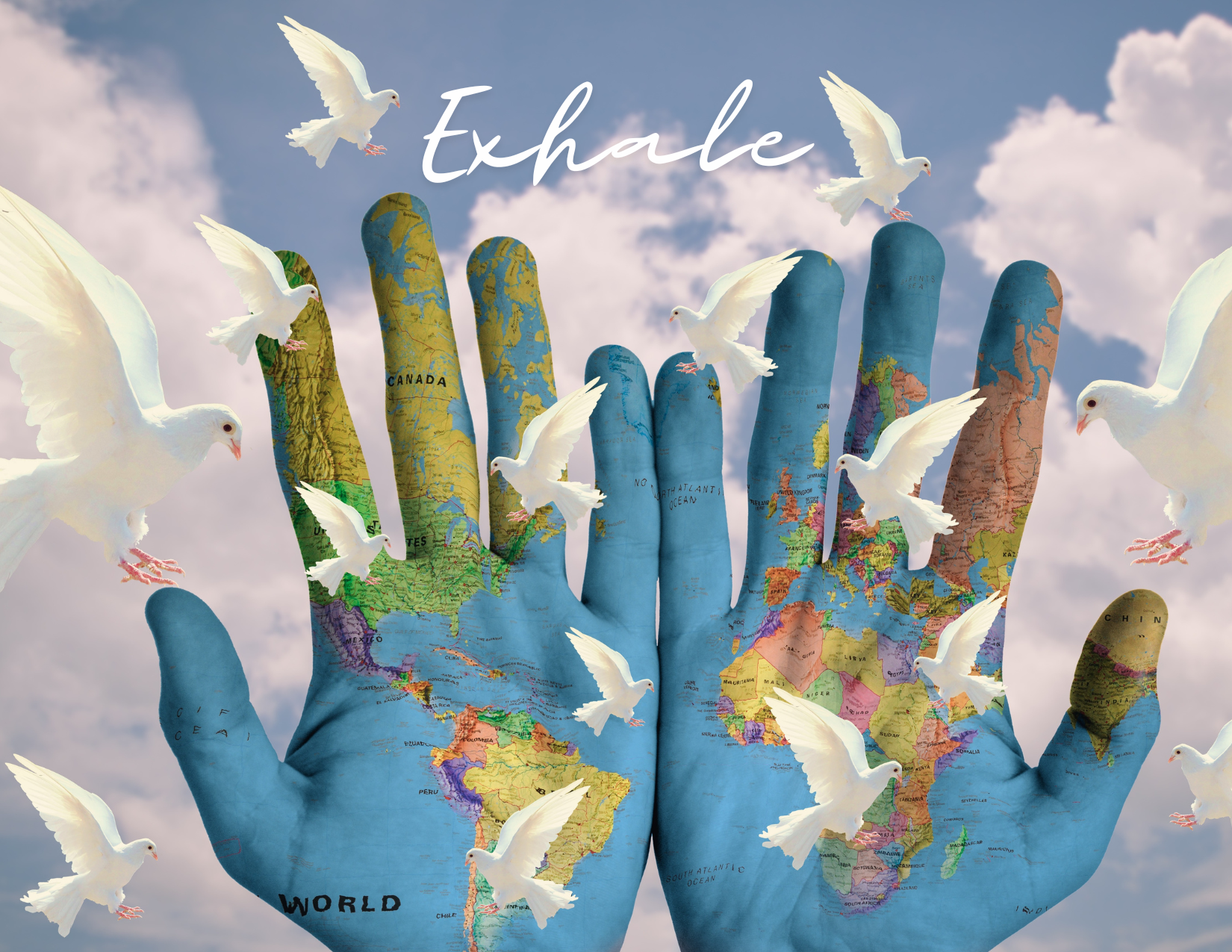My life as a black a professional has required me to divorce myself from parts of who I am, and this point of societal inflection has provided me with the opportunity for pause and self-reflection. It has taken me much longer than I expected to compose my thoughts about where we find ourselves in the pages of history.
My parents grew up over 3,500 miles apart. One on the continent of Africa and the other on the continent of Europe. They fell in love in 1963 and married in 1966 in England, had they lived in the United States it would have been illegal for them to marry because one was black and the other white. I was born in England and grew up in England and Sierra Leone, West Africa for most of my formative years. A product of a biracial marriage, I was considered “other” and given a racial label based on the group that was labeling me. In Sierra Leone, I was not considered black because of having white blood, and in England, I was considered black because of my African lineage. I met very few people that looked like me and shared a biracial background.
Upon arriving in America in late 1979, the racial tensions were palatable. There was less acceptance of my parent’s union and I could tell the difference in the way I was treated when I was with my mother versus with my father and when we were all together. It also was the first time that I came to understand the “N” word. From these moments on, I became clearly conscious of race being a differentiating factor and a perceived limiting factor, by some, to one’s existence in everyday society. What I have come to realize is that individuals who experience any type of difference bear a burden where we must constantly recalibrate to be the chameleon if we wish to exist in a majority world, and nobody really knows our narrative unless we feel safe enough to share it without penalty or retaliation.
Having to compromise myself in the workplace is something that has come along with the territory of my life but my lesson from the recent months is that compromise needs to find a way to have a voice so that those who do not think or realize you are having to compromise are educated to your point of view. So here is one of my work stories of compromise.
At the institution where I have worked for over two decades, as part of my job, I have had to organize and manage departmental events and host donors at clubs where at one time in the not-too-distant past women, Jews, and blacks were not allowed to be members and where at the time the service staff was all black. To give you insight into what that feels like, I have felt great shame and betrayal on my part by participating in these moments. Shame for feeling as if I was legitimizing covert discrimination and betrayal of my own race. This is a way of life for some who hold these memberships but for the black service staff, who in my experience have tended to be dignified older gentlemen, there is a distinct and decisive moment where we would look at each other and have a clear understanding about the antiquated role-playing that was taking place under the guise of normal behavior. I feel it is important to share this example as these clubs still exist and in the course of your professional life, regardless of if you are in the majority or minority, you may be called upon to host and/or attend an event but may not have a way to share the conflict that you feel personally because it is juxtaposed against the position you occupy within your institution or organization. Speak up.
Moving forward, I plan to use my voice more to articulate the points of discomfort that some might think they have to tolerate and to raise questions that might be uncomfortable. Not being in the majority or being an “other” is isolating and we need to start a conversation. However, I only have one lens and each of you have your own. In order to have a harmonious existence, we need dialogue, patience, compassion, trust, and understanding. All of this requires work and a dedicated mindset to a positive outcome so we can form new habits of engagement and commit to them, so they become second nature.
(Originally written in August 2020 and featured in the DAR Insider)


